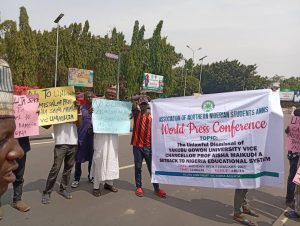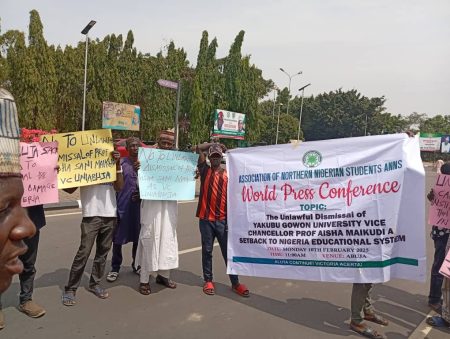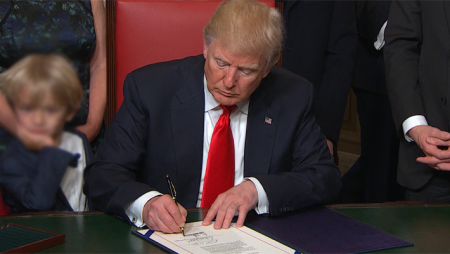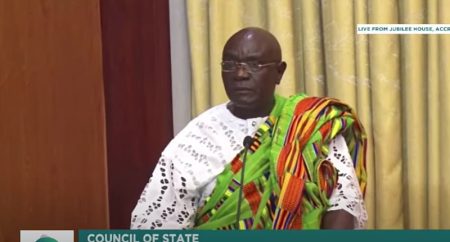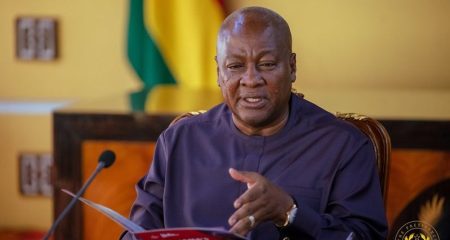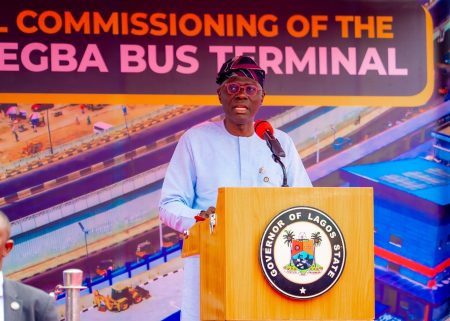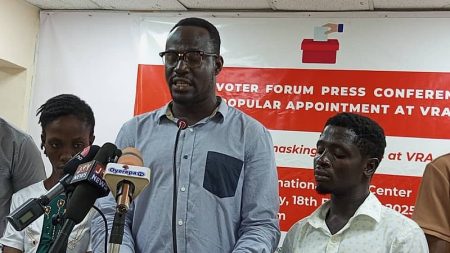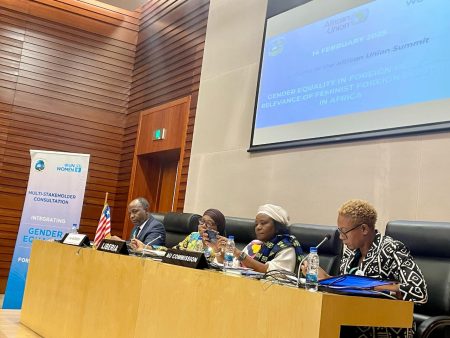Akinwunmi Adesina, the President of the African Development Bank (AfDB), has unequivocally denied media reports suggesting his intention to run for the Nigerian presidency in 2027. The reports stemmed from an interview Adesina gave to Arise TV, which several Nigerian media outlets subsequently misconstrued. Adesina clarified his stance via his X (formerly Twitter) handle, stating that his words were both misinterpreted and misrepresented. He emphasized that his original statement conveyed a general willingness to serve in any capacity, globally, within Africa, or even in his home country, Nigeria. This broader commitment to service, he argued, was erroneously narrowed down to a specific declaration of presidential ambition. He directed those interested in the accurate context of his remarks to the full interview available online. Adesina categorically stated, for the record, that he is not running for the office of President of Nigeria.
The controversy highlights the crucial role of accurate reporting and the potential for misinterpretations to generate misleading narratives. Adesina’s initial statement, expressing a willingness to serve in various capacities, was a broad expression of his commitment to contributing to development and progress. However, some media outlets seized upon this statement, framing it as a declaration of intent to run for president. This mischaracterization not only misrepresented Adesina’s position but also fueled speculation and potentially unnecessary political discourse. The incident underscores the responsibility of media outlets to ensure accurate and contextualized reporting, particularly when dealing with sensitive topics like political aspirations.
Adesina’s swift clarification serves to correct the record and prevent the spread of misinformation. By taking to social media, he directly addressed the misinterpretations and provided the accurate context of his remarks. His emphasis on the availability of the full interview online encourages viewers to engage with the original source material, fostering transparency and informed public discourse. This proactive approach demonstrates Adesina’s commitment to clarity and his desire to avoid any ambiguity surrounding his future plans. It also serves as a reminder of the importance of verifying information through multiple sources, especially in the age of rapid information dissemination.
This incident also provides an opportunity to reflect on the broader challenges of interpreting public statements, particularly in the political arena. Statements of general willingness to serve can often be misinterpreted as signaling specific political ambitions. This can lead to premature speculation and create unnecessary political distractions. In a dynamic political landscape, nuanced statements can be easily manipulated or taken out of context, potentially leading to misrepresentations that can have significant consequences. Therefore, both public figures and the media have a shared responsibility to ensure that communications are clear, accurate, and unambiguous.
Furthermore, this situation underscores the need for critical media literacy among consumers of news and information. In the digital age, where information spreads rapidly, it is crucial for individuals to critically evaluate the sources of information and be wary of potential biases or misinterpretations. Cross-referencing information from multiple reputable sources and seeking out original source material can help mitigate the risk of being misled by inaccurate reporting. Developing strong media literacy skills is essential for navigating the complex information landscape and making informed decisions.
The incident involving Adesina’s misinterpreted interview serves as a reminder of the importance of accurate and contextualized reporting, the potential pitfalls of misinterpreting public statements, and the need for critical media literacy among consumers of information. By clarifying his position and encouraging engagement with the full interview, Adesina has taken proactive steps to correct the record and promote transparency. This incident also highlights the broader challenges of interpreting public statements, particularly in the political sphere, and underscores the need for both public figures and the media to ensure clear and accurate communication. Ultimately, fostering critical media literacy among the public is crucial for navigating the complex information landscape and making informed judgments.


